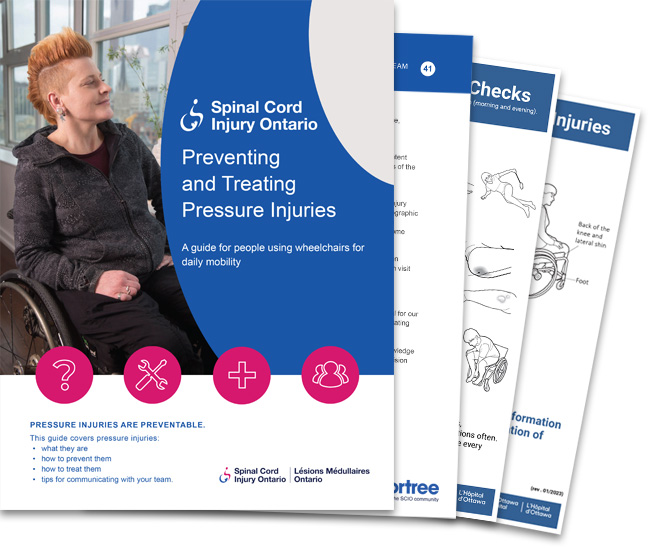Today’s video is about mental health for people with disabilities, with Swati Mehta, PhD. As a registered psychotherapist, Swati Mehta, PhD is interested in improving access to evidence-based mental health services for those undergoing rehabilitation through online health programs. To learn more about online mental health services visit the Rehab Psych Lab at https://rehabpsych.sjhc.london.on.ca/
This video content was created as part of a project funded by a grant from the Craig H. Neilsen Foundation to Spinal Cord Injury Ontario.
Swati Mehta is a registered psychotherapist, a scientist at Parkwood Institute Research and Lawson Research Institute, and an adjunct assistant professor in Western University’s Department of Physical Medicine and Rehabilitation. The head of the RehabPsych Lab is Professor Mehta. Through online initiatives like virtual group-based physical exercise and cognitive behavior therapy that is delivered over the internet and is hosted on the lab’s website, the lab hopes to increase activity participation and general welfare among people who are undergoing rehabilitation.
There are many barriers that keep those with spinal cord injuries from receiving mental health services. One of the most common is lack of insurance coverage or benefits. If mental health services are an out of pocket expense this cost can be a barrier.
Another barrier to receiving mental health services is that many people don’t know how to access them or don’t know what resources are available to them. They may also not know what the symptoms of depression or anxiety are, what treatment options are available or how to access them.
If you’ve found this video, you’re probably looking for more information about:
- mental health for people with disabilities
- Spinal Cord Injury Ontario
- Swati Mehta, PhD
- challenges of living with a spinal cord injury
- disability awareness, and life with spinal cord injury
- mental health after spinal cord injury
- neurologic changes after spinal cord injury
- spinal cord injury day in the life
- spinal cord injury depression and family support
Mental health is a key factor in the success and well-being of people with disabilities. It’s important to get access to mental health treatment so people can continue to live a fulfilling life. People with disabilities are twice as likely to experience mental illness than those without disabilities. For people with intellectual and developmental disabilities, that number can be as high as four times the rate of the general population.
Mental health treatment for people with disabilities should be comprehensive and include a variety of treatments such as medication, therapy, education, and alternative therapies.
If you enjoyed this video about mental health for people with disabilities with Swati Mehta, PhD, please remember to like, share, subscribe, and leave a comment if you have any questions or suggestions. We hope to see you here again soon!






